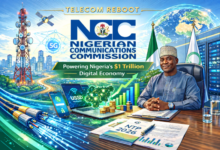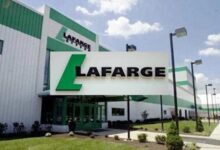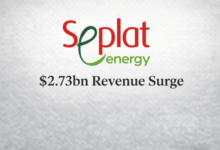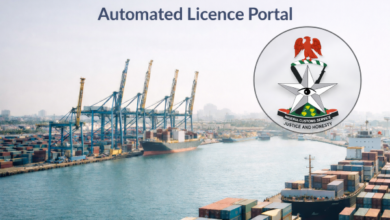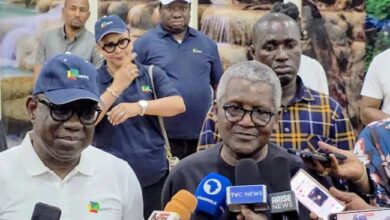The Facts about NG-CARES MSME grants – BOI

The Nigeria COVID-19 Action Recovery and Economic Stimulus (NG-CARES) programme is an initiative of the World Bank and the Federal Government of Nigeria and not that of The Bank of Industry (BOI) as misconceived in certain quarters.
The bank said this in a statement on Friday in Lagos to clarify the implementation and disbursement of the grants.
It said the funding arrangement allowed each state the autonomy to allocate their preferred grant sizes and number of grants across different programme components as approved by the World Bank.
“The World Bank nominated the Bank to provide its infrastructure for the delivery of the MSME component of NG-CARES (RA3) nationwide.
“Following this nomination, 28 out of 33 states chose BOI as their preferred execution partner to leverage the bank’s MSME infrastructure to deliver NG-CARES.
“Under this partnership, the states are solely responsible for nominating the beneficiaries and selecting those to be disbursed to.
“BOI’s role as execution partner is to manage the end-to-end application and verification processes, and present successful candidates to enable states’ decision-making for disbursements. BOI disburses as instructed by the State.
It added that while several beneficiaries may apply or be nominated, beneficiaries would not receive the grant if they did not meet the criteria.
It added that applicants might not benefit from the programme if their states did not select them as the states tried to manage the funding available for the programme and ensure the equitable distribution of benefits across business categories, Local Government Areas, gender or other demographics.
It said further enquiries on the eligibility requirements, implementation status, and other programme information could be made through the NG-CARES Federal CARES Support Unit, State delivery agencies, or the official programme: website www.ngcares.gov.ng.
NG-CARES is an initiative of the World Bank and the Federal Government of Nigeria, to support the recovery of communities, households, and businesses affected by COVID-19.
The programme is state-owned and state governments are fully responsible for funding and selection of beneficiaries.
This funding arrangement allows each state the autonomy to allocate their preferred grant sizes and number of grants across different programme components as approved by the World Bank.



